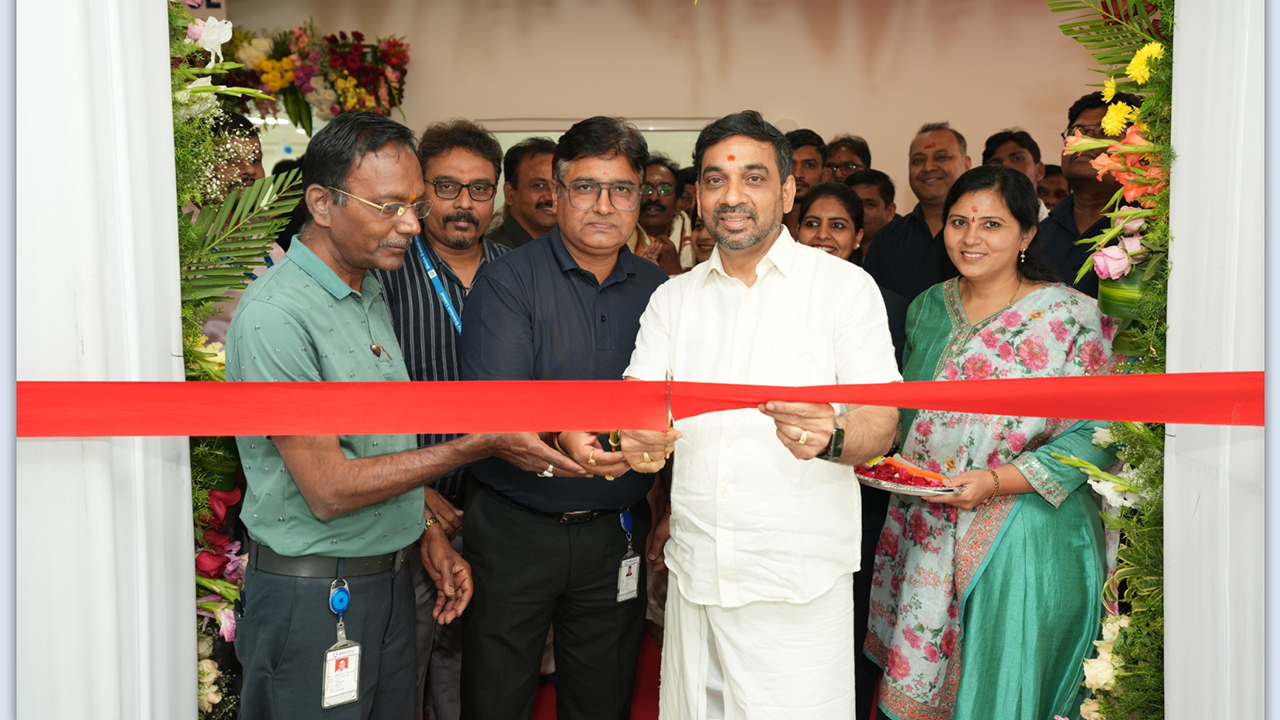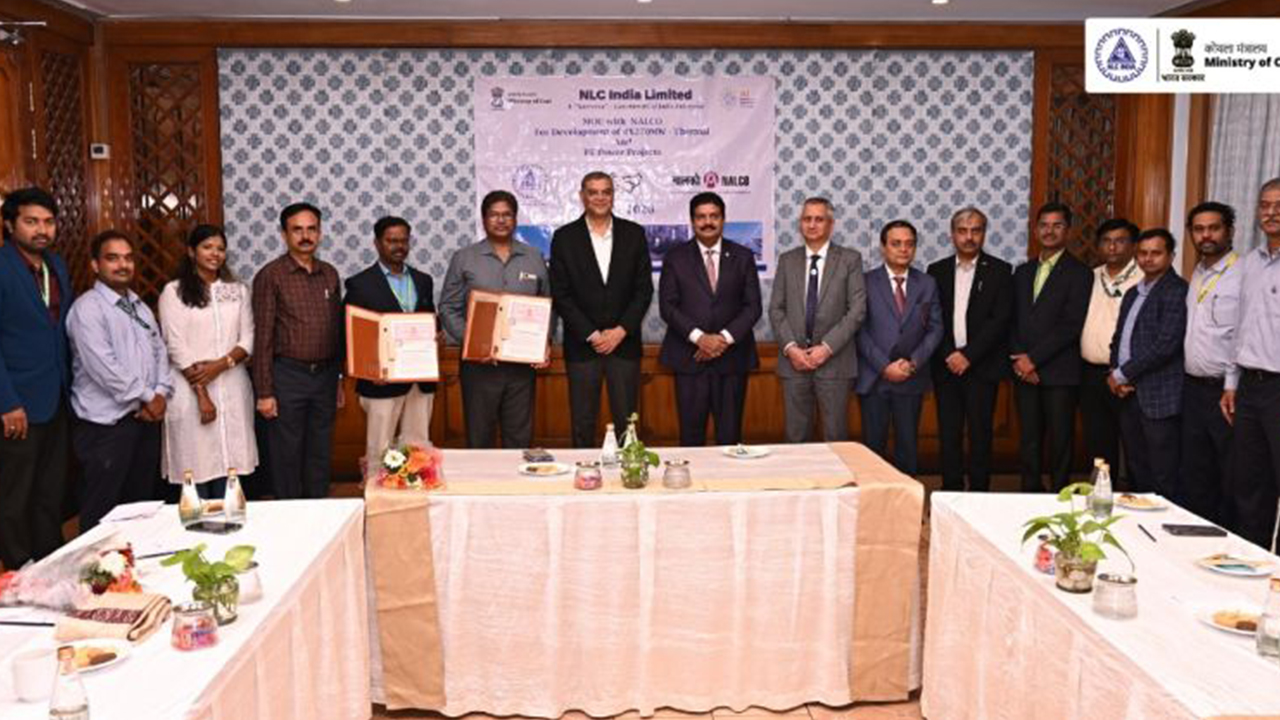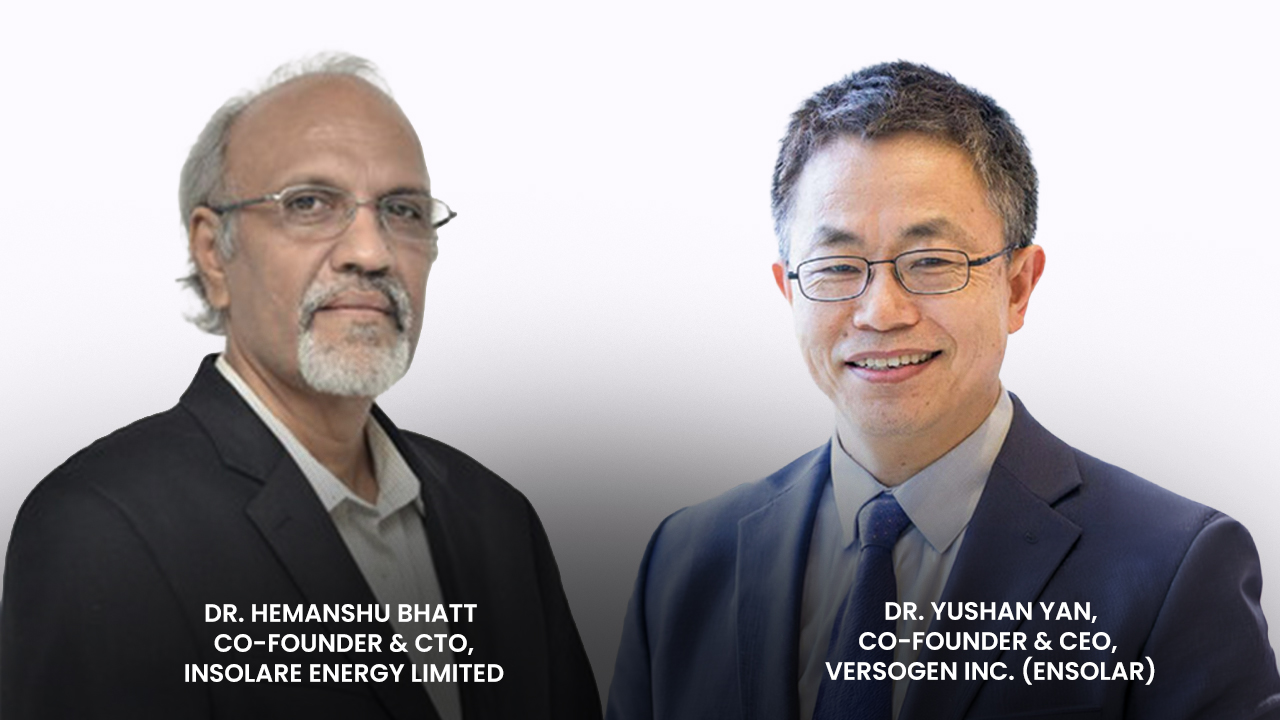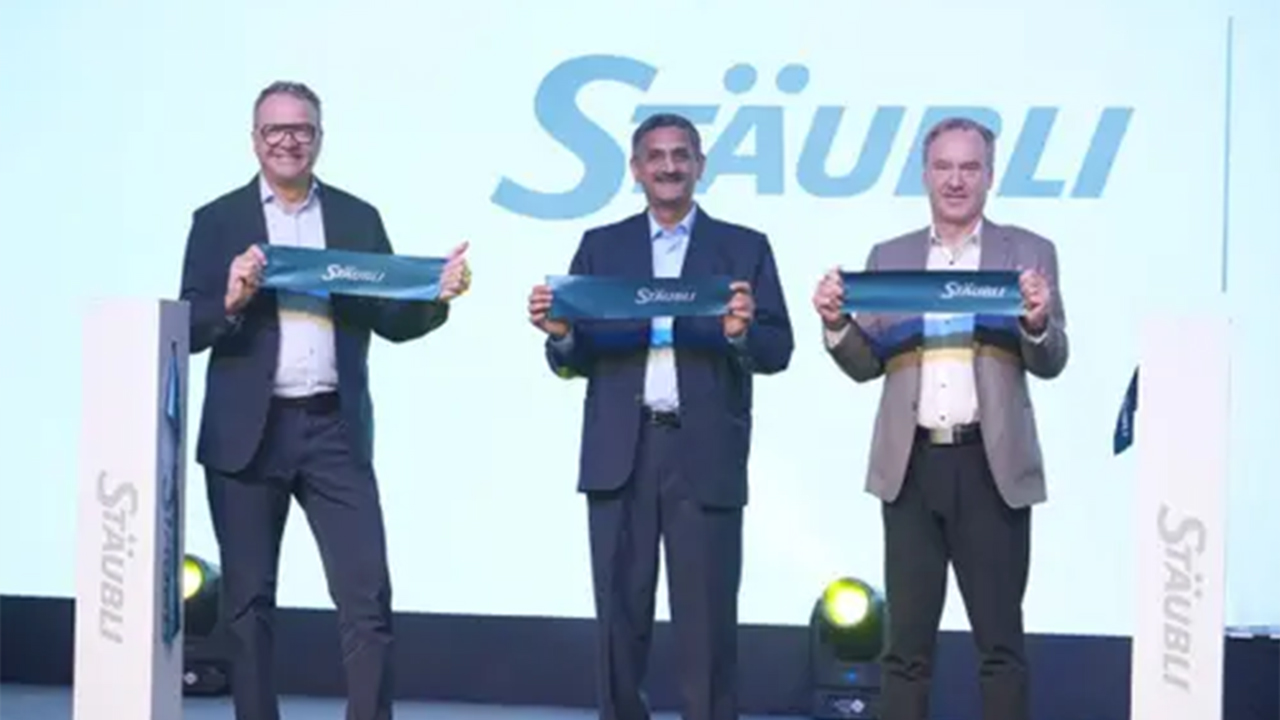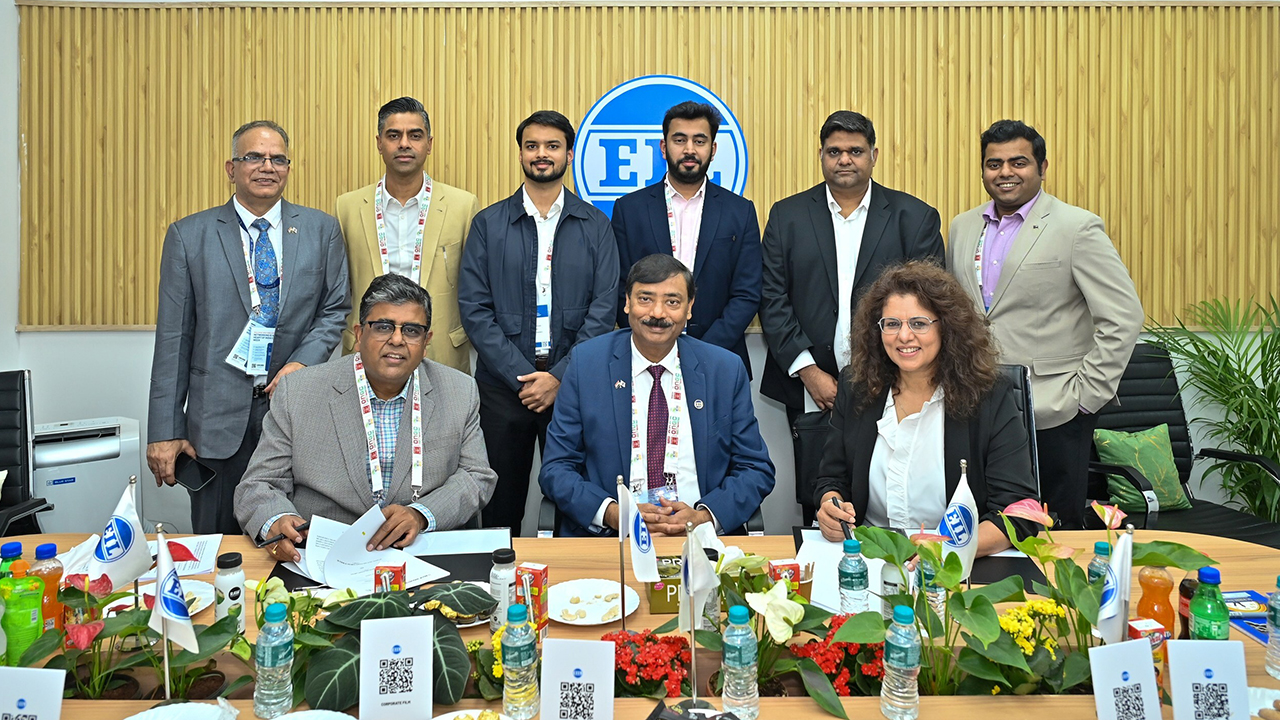The Pro MFG Think Turf on Sustainable Manufacturing, powered by BiofuelCircle, saw eminent leaders from the industry deliberate on the various challenges and solutions towards adopting bioenergy.
Sharing his experiences on the use of biomass, Mr. Shrikrishna Amlekar, Director of Operations, Garware Hi-Tech Films, said that in one of the two plant locations of the company, biomass is used as a fuel in the boilers to generate steam.
Explaining the system which has been there for a decade now, Mr Amlekar said that "We had an 18 metric ton steam boiler, which we converted from Furnace Oil fired to biomass fired with the help of an external furnace. Although the external furnace is similar to a gasifier, it doesn't function exactly the same way as a gasifier. Although this is a simple system, there are a lot of pain points involved.”
Elaborating on some of these pain points, he stressed that finding a reliable supplier for biomass and consistency in quality have always been a challenge. Secondly, a biomass boiler requires much more space compared to a conventional fuel fired boiler. The space is also required for biomass storage, inventory, handling and so on. Also, it is important to have a standby biomass boiler with conventional fuel fired boiler to ensure uninterrupted supply of steam for continuous process plants.
Thirdly, biomass conversion systems also require some additional electrical and handling equipment. Although there are advanced technologies these days, the electricity consumption of a conventional fuel fire boiler is much lower than that of a biomass boiler due to the need of these additional equipment.
Transitioning into Biofuel and Renewable Energy Alternatives
Speaking about their journey Mr Shirish Yadav, Vice President (Manufacturing and Innovation), ITC Foods, mentioned that the vision of the organization is 'putting the nation first'. In tandem with this vision, ITC has remained carbon positive for almost 16 years in a row, water positive for 19 years and most importantly, solid waste recycling positive for almost 14 years now, Mr Yadav highlighted.
"Our aim is to achieve 100 percent renewable electricity across all ITC businesses, including the food business. Simultaneously, the overall total energy including thermal and power should be at least 50 percent by 2030; Specific power consumption should be reduced by at least 30 percent and greenhouse emissions should be reduced by 50 percent. Also, specific water consumption should be reduced by 40 percent", Mr Yadav added.
Talking about the usage of biomass across factories, Mr Yadav highlighted that two of the ITC factories already have biomass boilers installed in them. Also, at four more factories, the boilers are being converted into 100 percent biofuel fired. So with these initiatives, our thermal energy using biomass will be about 58 percent across plants. And in five years time we aim to increase it to 65%.
Enumerating the challenges faced by the industry towards the adoption of biomass, Mr Yadav reiterated the unavailability of reliable suppliers as a major constraint. He further added that from the sourcing point of view, the challenges involved can be categorized broadly into four areas, which are as below:
Operational constraints: This includes the unavailability of the right kind of feedstocks, inefficient conversion facilities, inconsistency in quality etc.
Supply Chain and Logistics: The transport and logistics chains are yet to mature. Figuring out ways to compress/reduce the volume or devising ways to smoothen the transport aspect is the need of the hour.
Economic Constraints: Acquisition of biomass and financing avenues need to be worked upon, so as to encourage the small players to adopt it in the long run.
Regulatory constraints: A thorough guideline for regulatory compliances are yet to be developed in the bioenergy segment, which continues to remain a major hindrance for companies to switch to sustainable manufacturing. A legal framework must be set up to address various issues of all the stakeholders in order to achieve a faster transition into bioenergy adoption.
The Idea behind Creating BiofuelCircle
Sharing his inputs on how BiofuelCircle, as a platform, addresses the customers' issues, Mr Tushar Lowalekar, Head of Operations & Sales at BiofuelCircle mentioned the below measures being adopted in order to guide interested companies on their path to adopt bioenergy :
● Creating or providing a complete advisory for companies willing to use bioenergy for their processes.
● Finding reliable suppliers for companies by connecting them with the right people and providers within the industry.
● Discovering the right price
● Supporting companies in going ahead with creating various deals, contracts, scheduling, digital invoices and all other functions involved.
● Making finance available at the marketplace.
Talking about the ongoing trends across industries in terms of adopting bioenergy, Mr Lowalekar mentioned that there are a variety of early adopter industries, ranging from chemicals, paints, textile to tyre manufacturers switching to bioenergy. In addition to the bigger industry players, some of the smaller players too have strongly believed in the idea of creating fuel out of biomasses.
Endnotes
Delivering his closing comment on the discussion, Mr Amlekar stressed that Sustainable manufacturing should not remain an ornamental aspect that everyone has to adopt in order to improve the ESG rating of the company, rather it must be wholeheartedly and religiously implemented within the organizations for the future of economy and ecology.
Towards the end, Mr Lowalekar spoke about the very idea behind creating the My BiofuelCircle Community. He insisted that through the My BiofuelCircle Community, BiofuelCircle is essentially attempting to bring people together on this platform for a meaningful interaction about the developments that are happening in this space. In fact, the community page also has players in this segment, starting from small farmers to FPOs - farm producing organizations, who basically supply the raw biomass to the processors of this biomass like briquettes or pellet makers to the industry leaders also and the end user industries who consume this.
Apart from this, the community also consists of certain technology specialists and experts, who share their ideas and views about this. Overall, the idea is to create a community page where the community can come together, share their ideas and interests, interact with each other and at the same time, connect with potential players across the various verticals of bioenergy.
NEWSLETTER
TRENDING ON PRO MFG
MORE FROM THE SECTION



